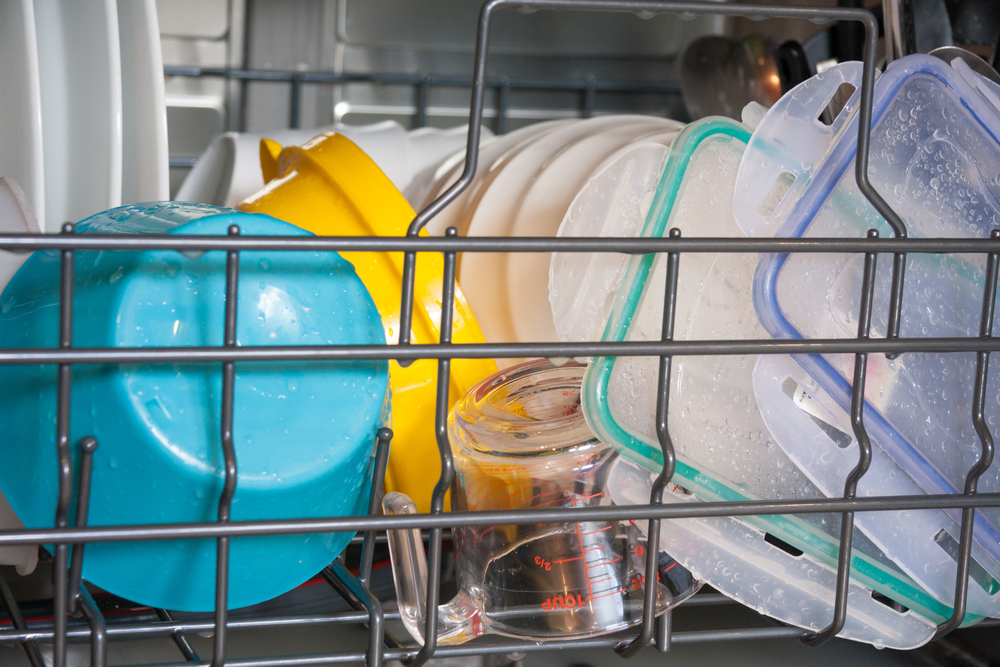Maths anxiety is often characterized by poor mathematical performance and putting off maths work. Research shows that mathematical anxiety can be dealt with.
The fear of maths
Maths anxiety is the feeling of tension and fear that many people experience when called on to do maths. This fear interferes with the person’s ability to perform well in maths. Some children portray behavioral problems in class, as well as physical symptoms such as butterflies in the stomach, biting fingers, shaking, and a racing heart.
Students with math anxiety tend to perform worse in standardized maths tests. Maths anxiety makes it difficult for students to recall maths-related facts and procedures hence poor mathematical performance. The failure to recall these facts and procedures is referred to as going blank.
Maths anxiety causes frustrations to students who try doing maths with no success. This makes the students get stressed before and during the exams hence poor mathematical performance.
Maths anxiety affects both the student’s mathematical performance in texts and also interferes with their ability to learn and understand new Mathematical concepts in class.
According to the research by Sian Beilock and her group, maths anxiety is not simply about being bad at maths. The research showed that the thought of solving math causes math anxiety. In conclusion, maths anxiety has adverse effects on the part of the brain that understands maths this is because the brain is usually too busy worrying about maths instead of doing it.
Early beginnings
Research shows that maths anxiety is usually associated with the teaching styles used by teachers in the classroom. After the introduction of new mathematical concepts to more than 200 six-year-old school children in the UK and Italy. The children were examined to measure their knowledge and understanding of these mathematical concepts and procedures before the teaching, immediately after, and then one week later. It was evident that the children with maths anxiety often started with a lower level of relevant knowledge. These children’s performance immediately after the training and one week later shown that they learned very little from the training. In conclusion, maths anxiety does not only affect student’s performance but also their ability to learn maths as compared to non-anxious students.
Maths anxiety has an impact on young children this brings about gaps in mathematical knowledge over the school years. Anxious students tend to avoid career choices that involve maths. Unfortunately avoiding maths is becoming increasingly hard given that most degrees now require students to study at least one math-related unit.
Lifelong impacts.
The effects of maths anxiety go far beyond school this is a result of negative maths experiences such as embarrassment or humiliation from failure and negative attitudes about maths from peers and family. People who feel anxious end up making worse decisions about their finances and health. Math anxious students might end up missing good career opportunities due to the fear of failure.
An example is when maths anxious people find it difficult to venture into businesses due to their poor management and utilization of finances. People with maths anxiety also suffer from other forms of anxiety such as procrastination, avoidance of challenges, and low levels of self-esteem and self-confidence.
Overcoming the anxiety
Just as it is possible to improve mathematics performance in struggling students, it is also possible to overcome mathematics anxiety. The introduction of computer apps and programs for mathematical practices provides a conducive environment for practicing some important maths skills.
Parents and teachers are advised to transmit positive attitudes towards maths to their children and students respectively. Research shows that boosting a student’s self-confidence leads to a positive attitude hence less anxiety. The most effective way to overcome mathematical anxiety is to avoid the anxiety altogether. The efforts to develop Positive thinking and attitude towards maths should start in children’s early school years.





